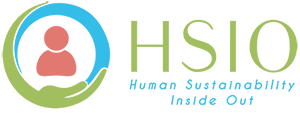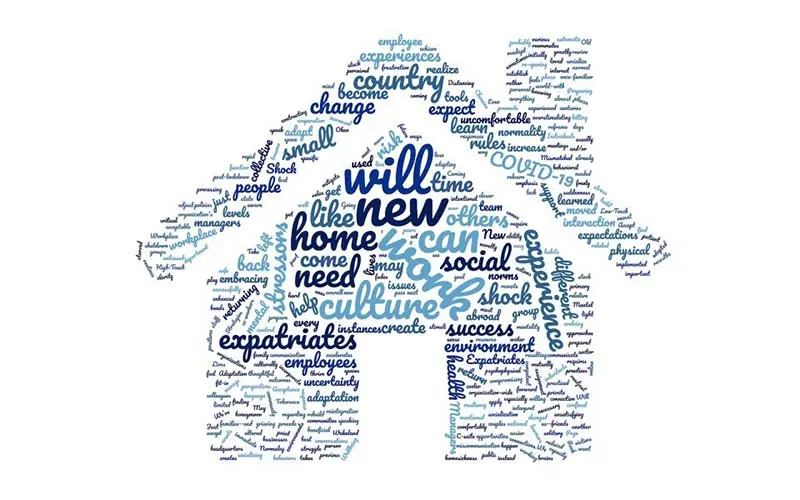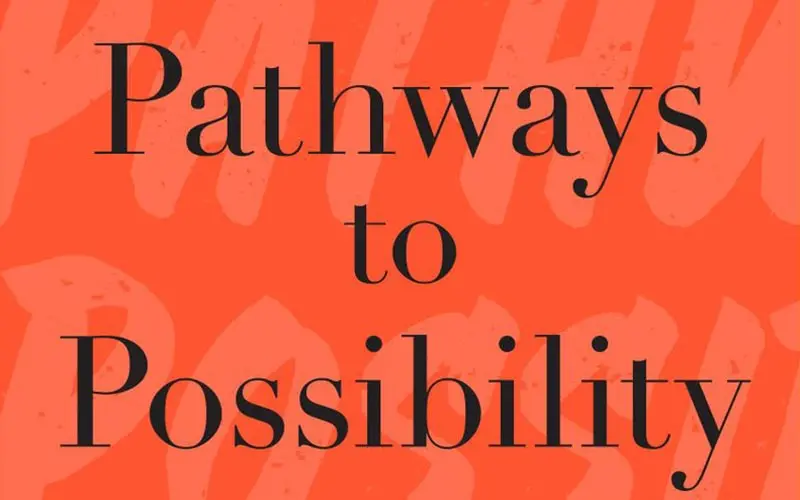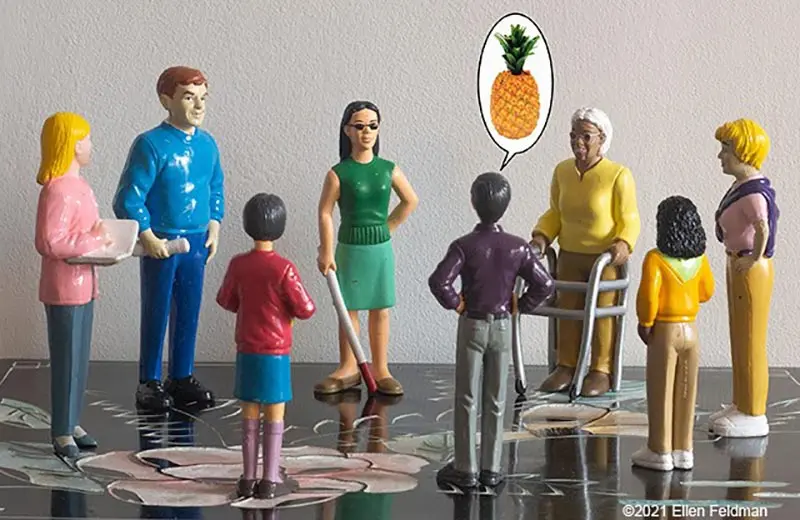A few months ago we moved to a different world-with other rules, tools, and norms. We will transition again as economies re-open, hybrid models emerge, and healthcare options improve for COVID-19.
For centuries, private and public sector expatriates have practiced adaptation every time they moved to a different country. They learned to live in the uncomfortable, not knowing what to expect in their new environment — a new language, a new national and work culture, and sometimes physical risk. Like them, we expect to return to what we left, but events have altered all of us-friends, colleagues, and families-and we will experience reverse culture shock. What can we learn from the expat experience to get ready?
The shock of the new and the shock of the old
Even when prepared by their organizations and/or already experienced, expatriates can experience culture shock, homesickness, lack of clarity regarding the work assignment, and personal issues such as family stress. Once abroad, individuals and couples struggle to find community and establish routines. Adaptation usually does not precede the shock of the new.
After the shock subsides and once expatriates learn to interpret their experiences in the light of the new rather than their previous environments, they see opportunities. They become learners and innovators instead of victims. Regularly re-experiencing the stressors and adaptations of an expatriation creates new neuronal firing patterns that becomes automatic (Rock & Page, 2009). Their brains rewire to accept the uncomfortable as the new normal. Individuals increase their resiliency by successfully adapting to small and large daily stressors. Through such psychophysical responses, they increase their ability to adapt to future stressors (Oken, Chamine & Wakeland, 2015). Expatriates who don’t adapt remain at higher risk of mental health and substance abuse issues while abroad.
Maladapted expatriates often pine to come home; they struggle to accept their new life on its own terms causing a feeling of powerlessness. Then there are others who realize, while abroad, that they don’t want to go back to what they left; and then they feel stuck in a faraway land that is not theirs and still connected to a native country they have outgrown. Once they come home, they can experience a culture shock due to no longer feeling “a part of,” a new loneliness in a familiar place. After a small ‘honeymoon’ phase of finding normality in their new lives, they realize that they do not fit-in as before and need to readapt. Distancing, like the suddenness of remote work, was the easy part. Coming closer will be hard. We will experience connection in a new, probably initially unsatisfying way.
How do we prepare for the next chapter?
1. Plan for new social rules. Once we get used to working at home and socializing online, returning to the workplace will feel like yet another “new country.” Our capacity to socialize at various levels has been greatly reduced. Some of us have been solitary with limited interaction with others. Others confined with a very small group of people, such as roommates or our immediate loved ones. We’ve created our own socialization habits, culture, ways of speaking, which may be specific to this new enhanced primary social group.
2. Expect to lose some control. At home we have a sense of control that we will lose once we return to work. With that will come more compromising. Mismatched expectations of our work environment or culture, co-workers’ actions relative to their perceived levels of acceptable risk of contracting COVID-19, and adaptation to increased social stimuli may create frustration after the novelty of returning to the workplace fades and the pace of reintegration accelerates. There are also new (good and bad) belief systems — stigmas, acceptance and appreciation.
3. Do not brag how great your expatriation/quarantine. No one wants doom and gloom all the time, nor constant bragging about how wonderfully others handled the situation. Going back to work with a team mentality will help mitigate a post-lockdown culture shock. The collective goal ought to be the success of each employee, department, and the organization’s overall success. The success of the team will require organization-wide cooperation and intention to meet others where they are.
4. Watch and actively listen for how others changed. It will be important to be more thoughtful about others’ state of mind and expectations, and adjust approaches to achieve mutually beneficial outcomes. This can apply to the small one off water cooler conversations to C-suite meetings and everything in between. Miscommunication will happen as we relearn how to talk in person, which may be overstimulating, especially for those starved of social interaction. Allow yourself to be open-minded in order to avoid implicit assumptions and bias. Give each individual permission to speak rationally and, at times, irrationally.
5. Embrace the possibilities of the unfamiliar to evolve and change for the better. Relationships may have waxed and waned during social distancing, and our perspective on these changes will make all the difference. Stay positive and embrace the new. Use these changes to find opportunities to fortify existing relationships and to forge new ones. Allow room and time to rebalance the natural equilibrium, do not force it. Think about how organizational politics might have shifted and how you can benefit.
6. Keep what you liked about where you have been such as observing how things fit together, focusing on what matters most, foregoing some superfluous consumption, volunteering, checking on neighbors and colleagues, being vulnerable, and scheduling regular zoom calls with classmates or family members. Together we can create a new culture, and build in more social time to rebuild the bonds lost during the shutdown and reassert the values we hold dear.
No matter how prepared and eager or fearful we think we are, transitioning between worlds involves a period of grieving, the letting necessary for change to happen. It takes time and requires being willing to reframe experience to move forward. What tools, mindsets, and behaviors do you need to get yourself, your family and your teams ready?




